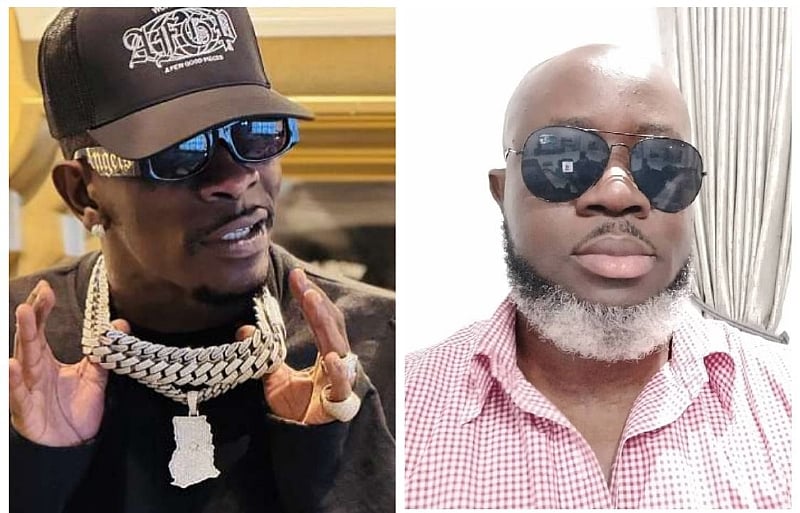Shatta Wale’s Accusations Against EOCO and its Potential Political Fallout: A Deep Dive
Charles Nii Armah Mensah Jr., the Ghanaian dancehall artist better known as Shatta Wale, has publicly accused the Economic and Organized Crime Office (EOCO) of an unwarranted raid on his residence. He specifically named EOCO Executive Director Raymond Archer as the orchestrator of the operation, alleging that armed men were involved. This incident has sparked a significant controversy, raising questions about the justification for the raid, the conduct of EOCO officials, and the potential political ramifications, particularly for the ruling National Democratic Congress (NDC). Shatta Wale, known for his outspoken nature and large following, has directly linked the raid to the NDC’s potential electoral fortunes, claiming that Archer’s actions could lead to their defeat in the next election. This adds a layer of political intrigue to the situation, potentially turning the incident into a public relations challenge for the government.
The core of the controversy lies in the alleged raid itself. Shatta Wale’s claim of armed men descending upon his home paints a picture of an aggressive operation, potentially exceeding the bounds of reasonable investigation. The details surrounding the purported stolen vehicles remain unclear, raising questions about the strength of the evidence against the artist and whether the raid was a proportionate response. The lack of official statements from EOCO regarding the incident further fuels speculation and allows for various narratives to proliferate. This information vacuum, coupled with Shatta Wale’s public pronouncements, creates a potentially damaging situation for EOCO’s credibility and public perception.
Shatta Wale’s vocal criticism and his direct link between the raid and the NDC’s political future add a significant dimension to the controversy. His large fan base and influence within the entertainment industry amplify his message, potentially influencing public opinion and creating pressure on the government. This could be particularly problematic for the NDC if the raid is perceived as an overreach or an attempt to target a popular figure for political reasons. The situation requires a delicate balance from the government – addressing the concerns raised by Shatta Wale while also upholding the integrity of EOCO’s investigative processes. Failing to address the situation adequately could alienate a segment of the population and contribute to negative sentiment towards the ruling party.
The implications of this incident extend beyond the immediate parties involved. The accusations against EOCO raise concerns about the potential for abuse of power and the importance of transparency and accountability within law enforcement agencies. Public trust in institutions like EOCO is crucial for maintaining law and order. Incidents like this, if not handled appropriately, can erode that trust and create a climate of suspicion and skepticism. This could have broader implications for governance and the rule of law in Ghana. The situation underscores the need for clear protocols and oversight mechanisms to ensure that investigative agencies operate within the confines of the law and respect citizens’ rights.
The ongoing controversy will likely continue to unfold, with the potential for further developments and revelations. Public pressure for a thorough and transparent investigation into the matter is mounting. The government will need to navigate the situation carefully to ensure that justice is served while also mitigating any potential political fallout. The incident could become a test of the government’s commitment to upholding the rule of law and respecting the rights of its citizens, even when dealing with high-profile individuals. The outcome of this situation could have significant implications not only for Shatta Wale and EOCO but also for the broader political landscape in Ghana.
The incident highlights the complex interplay between law enforcement, public figures, and political dynamics. The use of social media as a platform for airing grievances and disseminating information adds another layer of complexity to the situation. In the age of rapid information sharing, incidents like this can quickly escalate and become major public discussions. The implications for both the individuals involved and the institutions they represent can be profound. It remains to be seen how this situation will ultimately be resolved, but it undoubtedly serves as a reminder of the power of public opinion and the importance of accountability in the public sphere.


